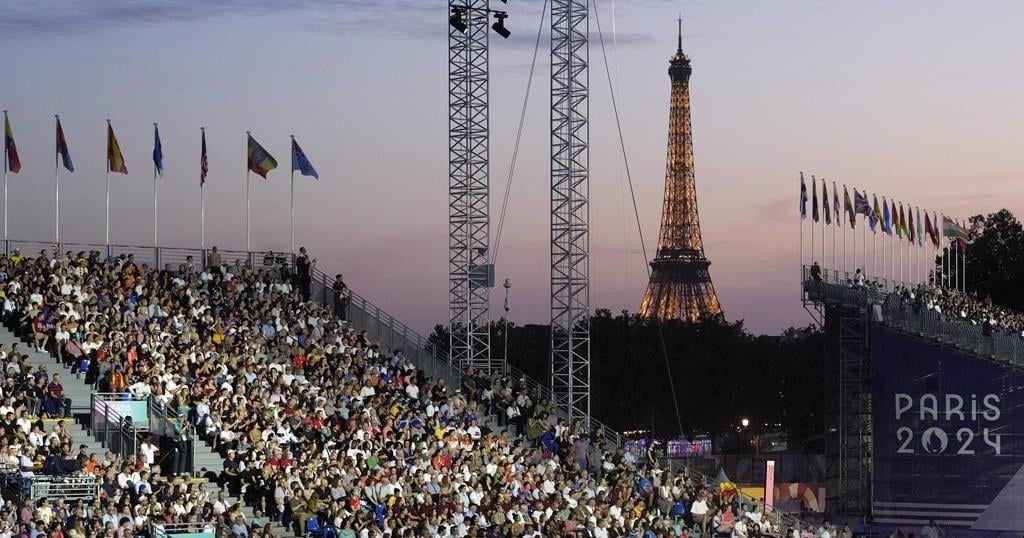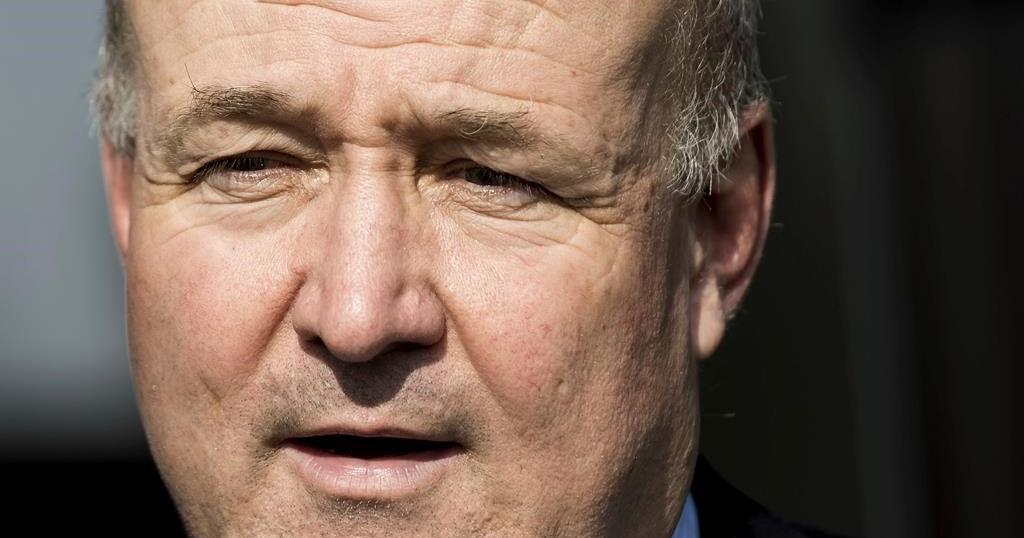An investigator gave the World Anti-Doping Agency a pass on its handling of the inflammatory case involving Chinese swimmers, but not without hammering away at the “curious” nature of WADA’s “silence” after examining Chinese actions that did not follow rules designed to safeguard global sports.
WADA on Thursday released the full decision from Eric Cottier, the Swiss investigator it appointed to analyze its handling of the case involving the 23 Chinese swimmers who remained eligible despite testing positive for performance enhancers in 2021.
In echoing wording from an interim report issued earlier this summer, Cottier said it was “reasonable” that WADA chose not to appeal the Chinese anti-doping agency’s explanation that the positives came from contamination.
“Taking into consideration the particularities of the case, (WADA) appears … to have acted in accordance with the rules it has itself laid out for anti-doping organizations,” Cottier wrote.
But peppered throughout his granular, 56-page analysis of the case was evidence and reminders of how WADA disregarded some of China’s violations of anti-doping protocols. Cottier concluded this happened more for the sake of expediency than to show favoritism toward the Chinese.
“In retrospect at least, the Agency’s silence is curious, in the face of a procedure that does not respect the fundamental rules, and its lack of reaction is surprising,” Cottier wrote of WADA’s lack of fealty to the world anti-doping code.
Travis Tygart, the CEO of the U.S. Anti-Doping Agency and one of WADA’s fiercest critics, latched onto this dynamic, saying Cottier’s information “clearly shows that China did not follow the rules, and that WADA management did nothing about it.”
One of the chief complaints over the handling of this case was that neither WADA nor the Chinese gave any public notice upon learning of the positive tests for the banned heart medication Temozolomide, known as TMZ.
The athletes also were largely kept in the dark and the burden to prove their innocence was taken up by Chinese authorities, not the athletes themselves, which runs counter to what the rulebook demands.
Despite the criticisms, WADA generally welcomed the report.
“Above all, (Cottier) reiterated that WADA showed no bias towards China and that its decision not to appeal the cases was reasonable based on the evidence,” WADA director general Olivier Niggli said. “There are however certainly lessons to be learned by WADA and others from this situation.”
Tygart said “this report validates our concerns and only raises new questions that must be answered.”
Cottier expanded on doubts WADA’s own chief scientist, Olivier Rabin, had expressed over the Chinese contamination theory — snippets of which were introduced in the interim report. Rabin was wary of the idea that “a few micrograms” of TMZ found in the kitchen at the hotel where the swimmers stayed could be enough to cause the group contamination.
“Since he was not in a position to exclude the scenario of contamination with solid evidence, he saw no other solution than to accept it, even if he continued to have doubts about the reality of contamination as described by the Chinese authorities,” Cottier wrote.
Though recommendations for changes had been expected in the report, Cottier made none, instead referring to several comments he’d made earlier in the report.
Key among them were his misgivings that a case this big was largely handled in private — a breach of custom, if not the rules themselves — both while China was investigating and after the file had been forwarded to WADA. Not until the New York Times and German broadcaster ARD reported on the positives were any details revealed.
“At the very least, the extraordinary nature of the case (23 swimmers, including top-class athletes, 28 positive tests out of 60 for a banned substance of therapeutic origin, etc.), could have led to coordinated and concerted reflection within the Agency, culminating in a formal and clearly expressed decision to take no action,” the report said.
WADA’s executive committee established a working group to address two more of Cottier’s criticisms — the first involving what he said was essentially WADA’s sloppy recordkeeping and lack of formal protocol, especially in cases this complex; and the second a need to better flesh out rules for complex cases involving group contamination.
___
AP Summer Olympics:























